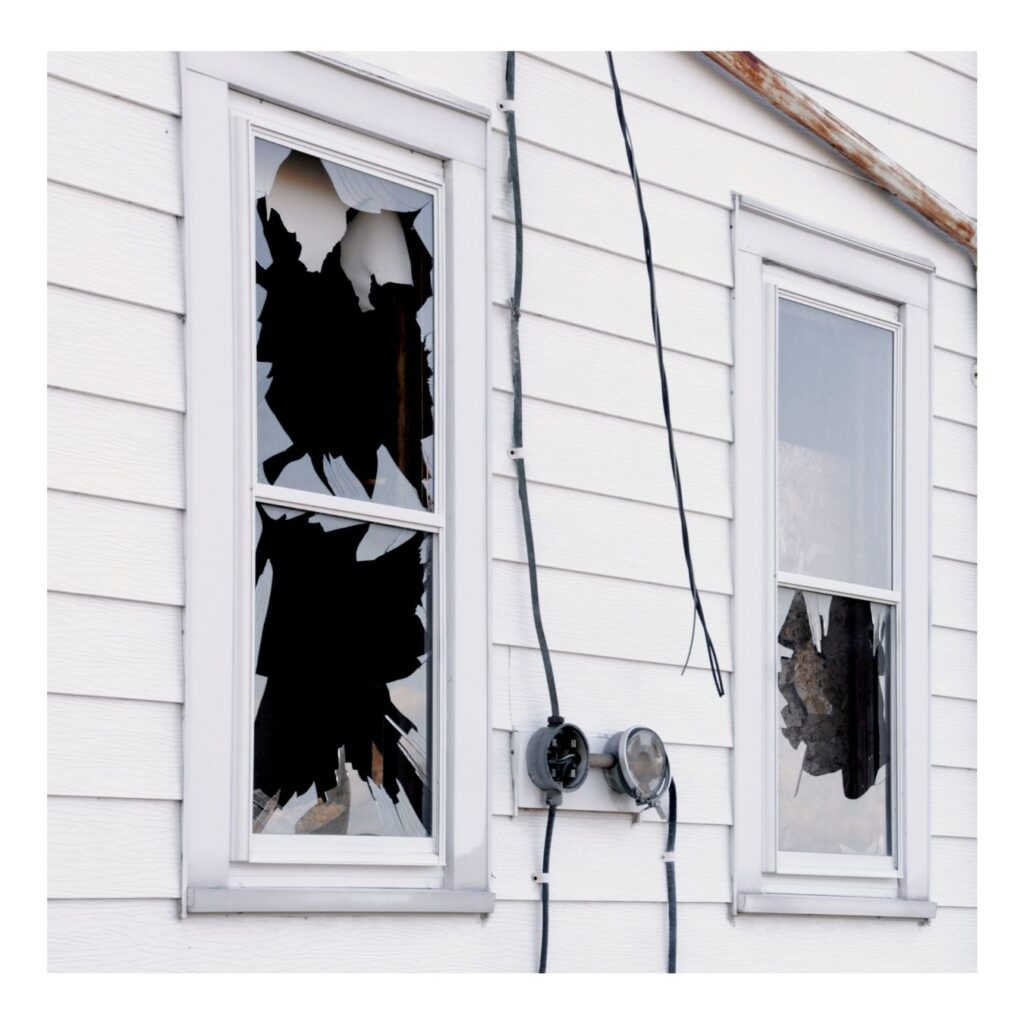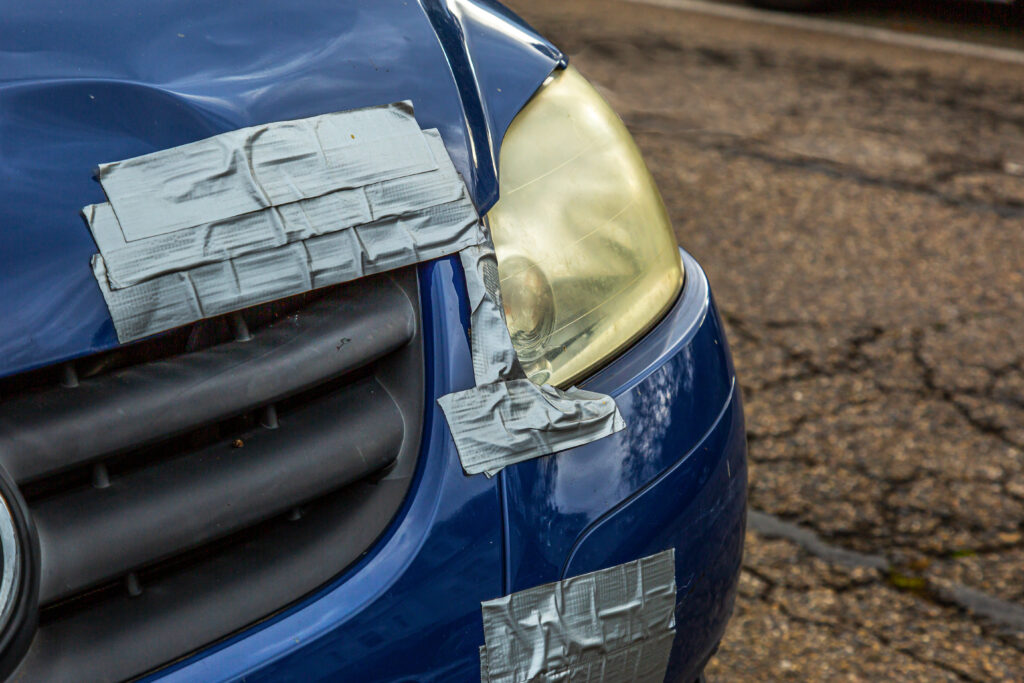 When an accident happens, our first instinct usually is to call our insurance agent. This is understandable, and for the most part, what you should do! Insurance exists to protect us from accidents and pay for the costs so we don’t have to. But because of how insurance and deductibles work, sometimes it may be better to actually SKIP making a claim.
When an accident happens, our first instinct usually is to call our insurance agent. This is understandable, and for the most part, what you should do! Insurance exists to protect us from accidents and pay for the costs so we don’t have to. But because of how insurance and deductibles work, sometimes it may be better to actually SKIP making a claim.
Something to keep in mind for any form of insurance policy is the number of a claims you [for lack of a better word], claim. The more claims you have on a policy, the higher your premium will be each month. While it’s possible to make a claim and not have it affect your rate, it’s rare. For the most part, each claim you file will cause an increase in the cost of your premium. That being said, there are a couple other reasons to consider your options before filing a claim.
Let’s say you have a $1,000 deductible on your homeowners policy and someone breaks a couple windows at your house. After getting an estimate for replacement, the cost to replace the windows will be about $700. In a situation like this, while there would be good reason to call your insurer, filing a claim wouldn’t help you pay for it since the $700 price-tag is less than your $1,000 deductible. You’d still end up paying for this out of your own pocket, AND your premium would likely go up from the claim as well.
Now let’s say the cost of replacement or repair is $1,200, should you make a claim? Probably not. While this cost exceeds your deductible, it only does so by $200, and you’ll still be paying the $1,000 deductible. $200 is definitely a good chunk of change, but if you file this claim AND your premium goes up, how many months until you’ve spent more than that due to the increase in premium? Situations like these end up coming down to a personal decision, but it’s often recommended not to file a claim when the costs just barely exceed your deductible.
 The source of your claim is also important. If the damage that you’re putting a claim in for stems from a maintenance issue that you either could, or should, have repaired, it may not be covered by your homeowners or car insurance policy. You should always check your policy, as sometimes accidents or natural occurrences that aren’t your fault are not covered by your specific policy. It’s important to be sure your issue is covered before filing a claim. The idea of not filing a claim when something goes wrong can be frustrating. You pay for the insurance, and you should be able to use it. It’s good to know the all facts first, and to be aware that a claim may not be your cheapest solution.
The source of your claim is also important. If the damage that you’re putting a claim in for stems from a maintenance issue that you either could, or should, have repaired, it may not be covered by your homeowners or car insurance policy. You should always check your policy, as sometimes accidents or natural occurrences that aren’t your fault are not covered by your specific policy. It’s important to be sure your issue is covered before filing a claim. The idea of not filing a claim when something goes wrong can be frustrating. You pay for the insurance, and you should be able to use it. It’s good to know the all facts first, and to be aware that a claim may not be your cheapest solution.
Have a question about your homeowners or auto insurance policy?
Click the link below!
STILL HAVE QUESTIONS?

Jeff McSharry
Associate Advisor | Private Risk
Jeff McSharry is a Private Risk Associate Advisor with RogersGray. Jeff graduated from Bentley University, where he majored in History with a minor in General Business. In his previous life, Jeff owned a yoga products business called Kulae, with a client base located across the world – making for unique partnerships. You can connect with Jeff on LinkedIn or by email.
